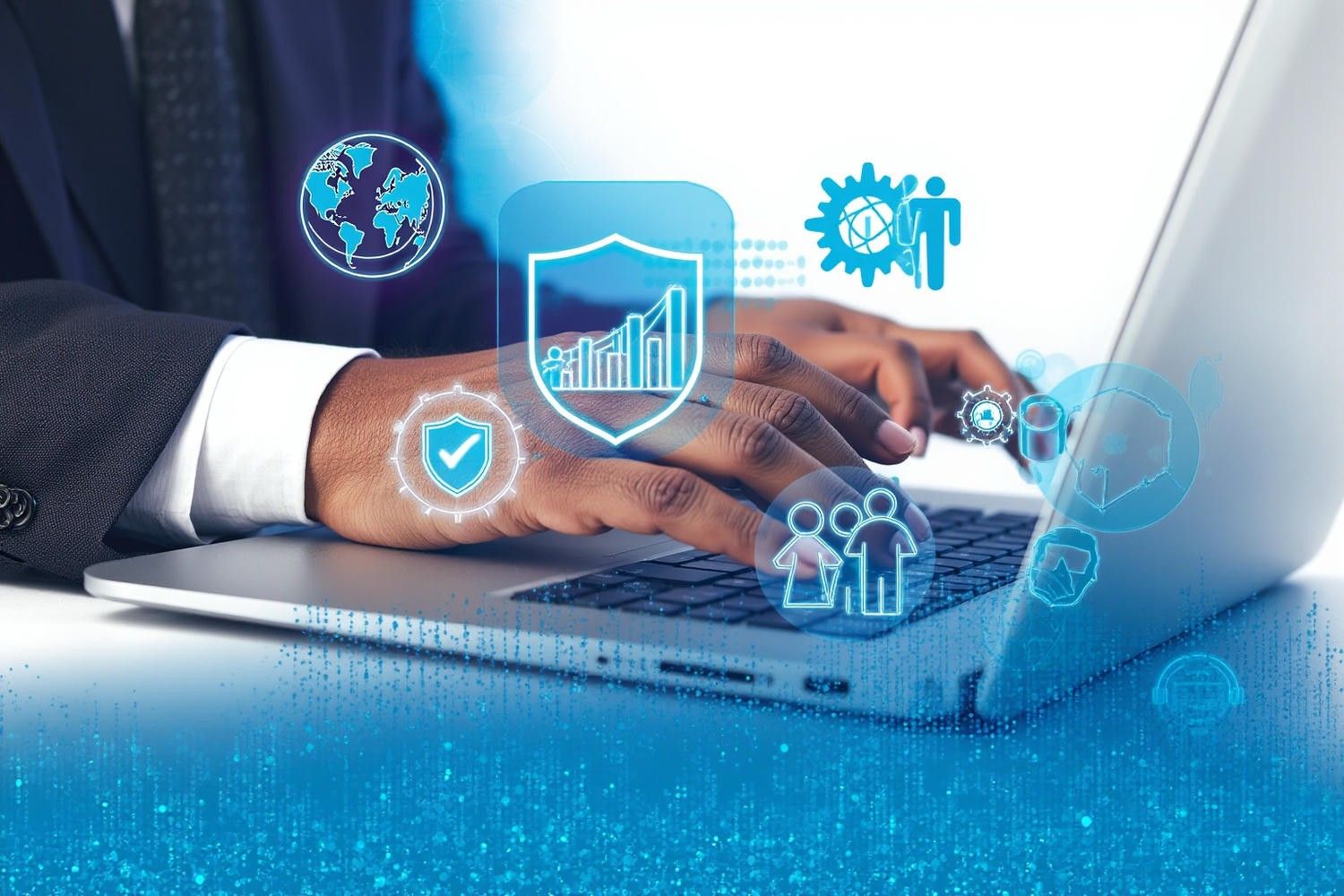Early Drone Failures and the Lessons They Taught Engineers?
In the early days of drone development, there were many failures across various aspects. The early drones had limited processing power, low battery ca

Drones can be operated autonomously or controlled by humans. They are of different shapes and sizes and have various equipment that allows them to function well. Since drones are an affordable alternative to traditional piloted aircraft, their use as remote sensing platforms has gained fame. For instance, drone data maps can be used to develop active communication tools. Also, drones can monitor real-time data and offer insights, which allows businesses to make better decisions.
The growing adoption of drones in various sectors drives the growth of the drone market worldwide as drones are mainly used for surveying, delivery services, inspection and monitoring. The incorporation of drones with e-commerce delivery platforms is also growing rapidly since several companies are developing drones specifically for agriculture, defense and asset monitoring. As per a report, the global commercial drone market will grow at a CAGR of 16%-17%.

Several organizations are working towards developing an integrated solution for drones and blockchain technology. While blockchain can advance operational competence, transparency, and data security, drones can provide large volumes of data from real-time sensor readings and aerial imagery. This data is vital for many logistics, agriculture, and defense industries.

Drones have sensors and cameras that allow them to capture and transmit data in real time. For example, in logistics, drones deliver packages, while in agriculture, they monitor crop health. The data generated by these drones often includes location data, images, and videos. The transmission of this info, particularly over wireless networks, exposes it to hacking, unauthorized access, or tampering.
Furthermore, drones are used for emergency response, military surveillance and environmental monitoring. the integrity and security of the data are supreme. Any disturbance or alteration of the data could have serious penalties, from misdirecting rescue operations to compromising national security. So, there is an urgent requirement for a system that guarantees the secure transmission, storage, and access control of drone-generated data.

Blockchain technology offers several advantages, making it perfect for securing drone data.

Blockchain operates on a decentralized network of computers, removing the necessity for a central authority. This decentralized nature guarantees that data stored on the blockchain is not susceptible to a single point of failure. For drones, their data is steadily distributed across several nodes, making it harder for hackers to gain unlawful access or manipulate the info.

Blockchain’s unchallengeable nature guarantees that once data is recorded on the ledger, it cannot be altered. In the context of drones, this guarantees that the data they capture, whether images, location coordinates, or sensor data, remains unchanged. This is important in military surveillance or emergency response, where tampering could have catastrophic consequences.

Blockchain can secure drone system authentication. By using cryptographic methods, such as public-key infrastructure, blockchain guarantees that only authorized entities can access, send, or obtain drone data. This averts spiteful actors from hijacking or interfering with the drone’s operation or the data it collects.

Blockchain allows transparency, letting stakeholders trace every action taken by the drone. This is particularly useful for applications like supply chain management, where businesses must track products' exact location and condition in transit. With blockchain, every transaction or data point can be verified in real time, offering a precise and transparent history of the drone’s journey.

A promising application of blockchain in drone tech is smart contracts. These self-executing contracts are coded into the blockchain and automatically execute when predefined conditions are met. For instance, drones could be programmed to only transport packages to precise locations when the blockchain verifies some conditions, such as the recipient's authentication. This can decrease human error and guarantee that drones only work within defined parameters.

More than a few industries are exploring the synergy between blockchain and drones. In companies like Amazon and UPS are testing blockchain for secure tracking of drone deliveries, guaranteeing that data such as delivery status and timestamps are immutable and verifiable. In agriculture, drones monitor crop conditions, and blockchain can guarantee the integrity of data sent back to farmers, crucial for making informed irrigation and pest control decisions.
In the military sector, where drones are often deployed for surveillance, blockchain could improve data security by averting enemy forces from intercepting or altering mission-critical info. In emergency response, blockchain guarantees that drone-collected data in search-and-rescue operations remains precise and trustworthy, even in challenging environments.

As drone usage expands, the combination of blockchain and drones will become increasingly critical in guaranteeing the security of data transmission and storage. The capability to create secure, immutable records for drone operations will foster greater trust in the technology and open up new possibilities in sectors where data integrity is vital. While there are still challenges, for example, scalability and regulatory concerns, the future of blockchain and drones looks promising, with the potential to revolutionize data security in a wide range of applications.
The marriage of blockchain tech and drones signifies a new frontier in data security, offering an effective solution to protect the sensitive info these devices generate. As both technologies evolve, we can expect even more ground-breaking solutions to emerge, further safeguarding the important data that powers our modern world.
The growing popularity of drones has paved the way for people to become drone pilots and give wings to their passion for aviation. To become a drone pilot, you need to obtain an RPC. An RPC or a remote pilot certification can be attained only when you are proficient in the operation of drones and can pass a DGCA drone-pilot exam. To put your best foot forward, looking for an RPTO and enrolling in the same is always good. Flapone Aviation is one such organization that can help you prepare for acing the exam and securing a job as a drone pilot or instructor.
Our experts can help assess your needs and suggest the right drone services for your industry.